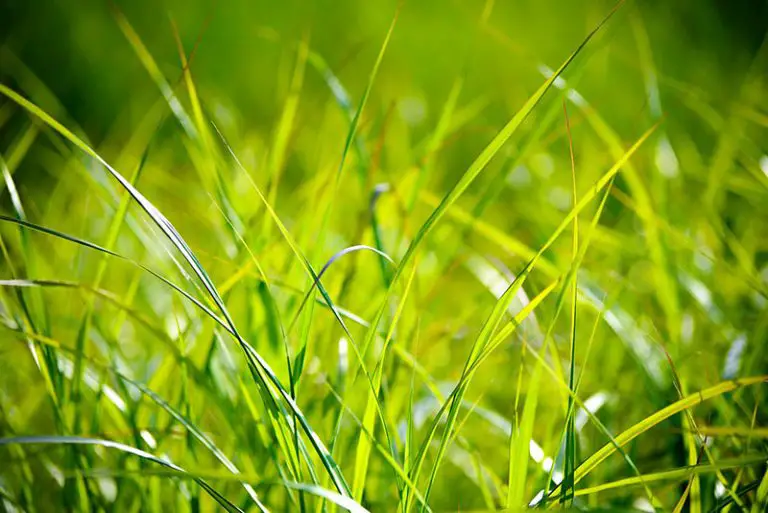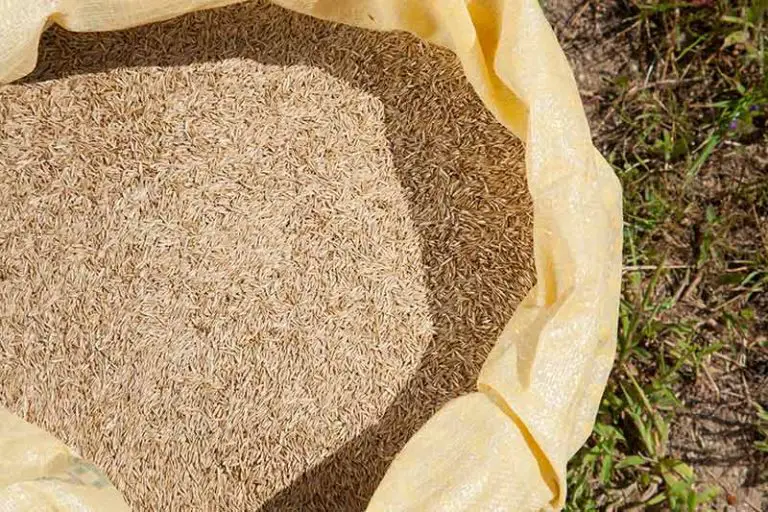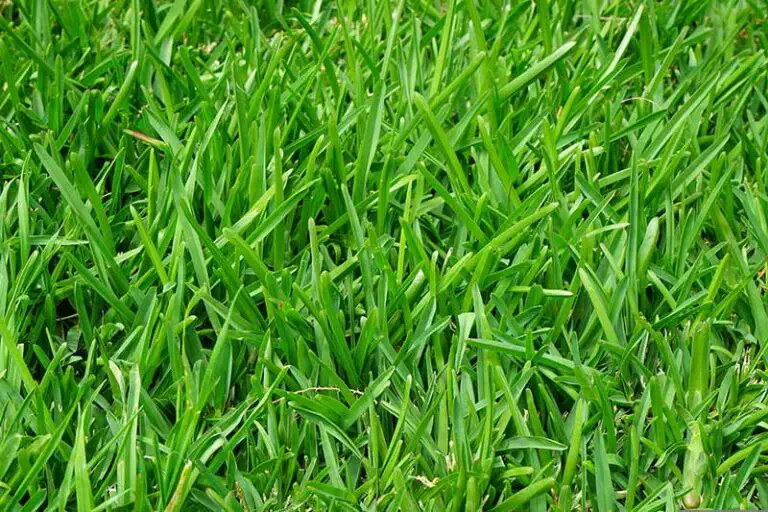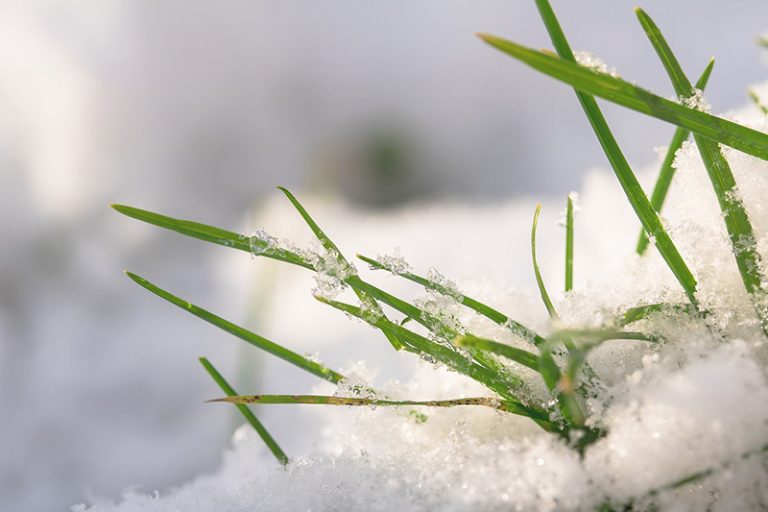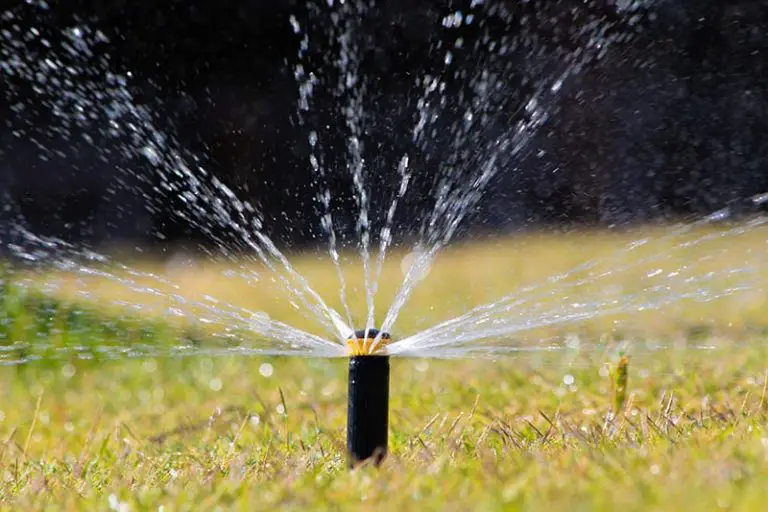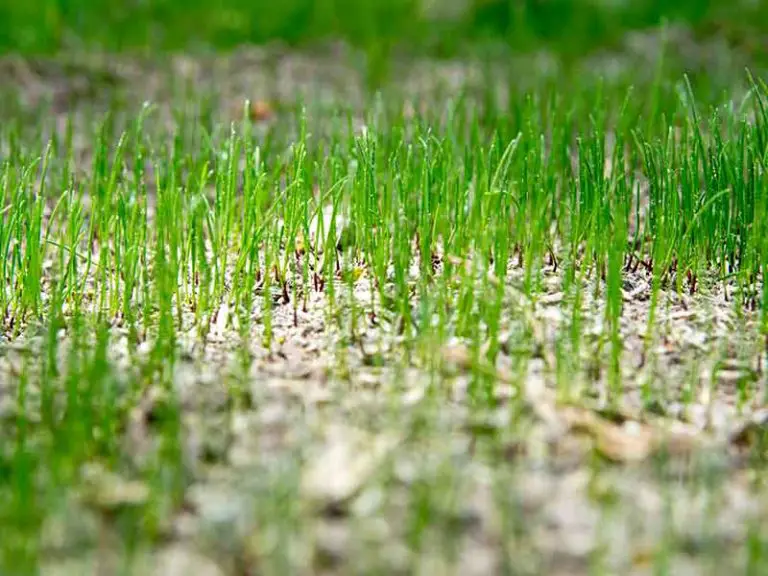Can Baking Soda Kill Your Lawn?
Baking soda will kill grass, particularly if the grass is wet or stressed from issues like drought and disease. On plants, baking soda behaves as a ‘phytotoxic’ substance; an application of baking soda will slow down the growth of mature plants while preventing the germination of new seed. This makes baking soda an effective weed killer, but not one that is safe to use on grass.
Will Baking Soda Kill Grass?
Yes, baking soda will kill grass to which you apply it. Baking soda is another name for sodium bicarbonate; in simpler terms, this substance is a salt with an alkaline pH. Baking soda is a common ingredient in many home remedies for weed control and treatments for certain diseases like powdery mildew.
Due to these characteristics, baking soda will kill grass under certain conditions. Factors that can increase the likelihood of grass damage from baking soda include grass type, rainfall, presence of disease, and other similar stressors. If the grass is wet or under stress, baking soda is more likely to cause substantial damage to your lawn.

How Does Baking Soda Kill Grass
Baking soda kills grass as it behaves as a phytotoxic substance when applied to plants. In other words, when you apply baking soda on grass, it will slow or prevent the grass’ growth. The baking soda will also slow or completely halt the germination of new grass seed.
Because it is a salt, baking soda draws moisture from any grass or plants that you apply it to. It can also damage the tissues in the grass’ foliage. And, as a species, grass is particularly susceptible to these effects due to its plant structure. Unable to feed itself or maintain its moisture levels, the baking soda will ultimately kill the grass.
Will Baking Soda Kill Weeds?
Baking soda will kill weeds in the same way that it kills grass and other plants. When you apply baking soda to weeds, it has the same phytotoxic effect that it does on all plants. The baking soda will slow the growth of mature weeds, while working to prevent weed seeds from germinating.
However, as we’ve just explained, baking soda will kill grass too. While this substance works as an effective natural weed killer, it may not be the optimal choice for lawn weeds. Using baking soda to kill weeds on your lawn will likely leave you with patches of brown dead grass; you would then need to overseed your lawn to repair the bare patches of soil. With that said, if your goal is to kill grass and weeds, then baking soda is a great choice of natural herbicide.
Will Baking Soda Kill Crabgrass?
Baking soda will kill crabgrass as this weed is highly susceptible to the phototoxic effects of the substance. You can therefore use baking soda as an effective natural herbicide to get rid of crabgrass from your lawn.
Make a paste by mixing baking soda with water in a ratio of 1:1. Apply the paste directly to the foliage and roots of the crabgrass before waiting for the weeds to turn brown. As soon as the last of the weeds have died off, water the treatment area well. Take note that the baking soda will kill grass surrounding the treatment area; you may need to overseed to repair bare patches after carrying out this method.
Will Baking Soda Kill Torpedo Grass?
Baking soda will kill torpedo grass. Torpedo grass is a grassy weed that is notoriously challenging to get rid of. This weed is resilient against sudden pH changes and low mowing, and can take heavy damage to its roots; it has also shown resistance to the majority of commercially-available selective herbicides.
However, torpedo grass requires a large amount of water to stay alive. This characteristic is what makes baking soda such an effective herbicide for torpedo grass; because baking soda is a salt, it will draw moisture and water out of the torpedo grass that you apply it to.
Will Baking Soda Kill Bermuda Grass?
Baking soda will kill Bermuda grass, albeit at a slower rate compared to other grasses. Bermuda grass is a hardy grass species that is either grown intentionally as a turfgrass or seen as an invasive lawn weed. Compared to other grass types, Bermuda grass shows the most resistance to baking soda treatments.
Baking soda is a preferable natural option when trying to remove weeds from a Bermuda grass lawn. Due to this grass’ resistance to the substance, you can use baking soda to spot treat weeds; the weeds will die off before the baking soda severely affects the surrounding grass. On the other hand, if you’re trying to get rid of Bermuda grass growth in unwanted areas, baking soda is not the most effective treatment. You should opt for a more effective natural method of Bermuda grass control, such as solarizing the soil.
Will Baking Soda Kill Zoysia Grass?
Baking soda will kill zoysia grass. As a species, Zoysia grass has very little to no resilience against the effects of baking soda. You should never use baking soda directly on or nearby a zoysia grass lawn; the baking soda will kill grass growing nearby the treatment areas.
Will Baking Soda Kill St. Augustine Grass?
Baking soda will kill St. Augustine grass. Again, this grass species has a low resilience against baking soda’s herbicidal properties. You should also avoid using baking soda to treat weeds on St. Augustine grass to avoid damaging areas of turf.
Can You Use Baking Soda to Kill Moss?
Yes, you can use baking soda to kill moss. Baking soda is a highly effective natural treatment for small patches of moss. If you use baking soda to get rid of moss on your lawn, take note that it may still kill the surrounding grass.
Can You Use Baking Soda to Treat Powdery Mildew?
In theory, you can use baking soda to treat powdery mildew in a lawn. However, this substance isn’t the most effective treatment for powdery mildew; attempting to treat powdery mildew with baking soda may actually cause more issues with your grass than it solves.
Powdery mildew is a fungal lawn disease that appears as a dusty coating of white powder on your grass. Although baking soda has fungicidal properties in some circumstances, it has relatively little effect on powdery mildew. A much more effective treatment for this fungal disease is to reduce its favorable conditions for development; this involves reducing moisture, improving sun exposure, and increasing air circulation in the lawn.
Will Baking Soda Neutralize Dog Urine on Grass?
No, baking soda will not neutralize dog urine on grass. There is a common conception that baking soda can be used to neutralize dog urine, preventing grass from turning yellow. However, this is incorrect.
Dog urine causes damage to turfgrass due to the high nitrogen and salts that the urine contains. The salts that baking soda contains have no effect in neutralizing either of these substances; baking soda is therefore ineffective in preventing grass damage from dog urine. Instead, you should water the grass immediately after the dog has urinated. Diluting the pee with water is the only way to neutralize the nitrogen and salts it contains.
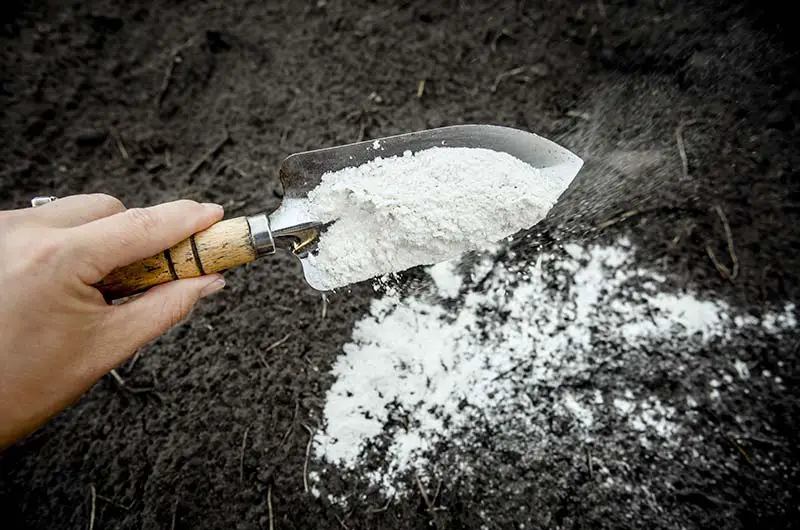
How to Kill Grass and Weeds with Baking Soda
To kill grass and weeds with baking soda, you must apply it directly to the plants in the desired area. This is an effective way to remove grass between stones or pavers, in lawn edging, or to kill grass in flower beds.
To kill grass and weeds between stones or pavers, apply a thick layer of dry baking soda directly into these spaces. This will be enough to kill vegetation growing between stones or pavers, while also preventing regrowth.
To get rid of grass and weeds in flower beds or lawn edging, instead use a wet solution of baking soda. Mix water and baking soda in a ratio of 1:1, adding in a tablespoon of vegetable or olive oil per quart of liquid. For instance, if mixing 2 cups of baking soda with 2 cups of water, add in 1 tablespoon of oil. Apply the wet baking soda solution to the upper growth and roots of the weeds, grass, and other plants you want to kill. Once the vegetation is dead, water the planting area well before attempting to plant anything new.
What to Do if You Add Too Much Baking Soda
Whether it was an accidental spill or overapplication, too much baking soda on plants or grass will cause unwanted damage. To counteract the effects of the baking soda, you must dilute it as soon as possible by adding water. Take your garden hose and give a good watering to any plants or areas of grass with excess bicarb.

